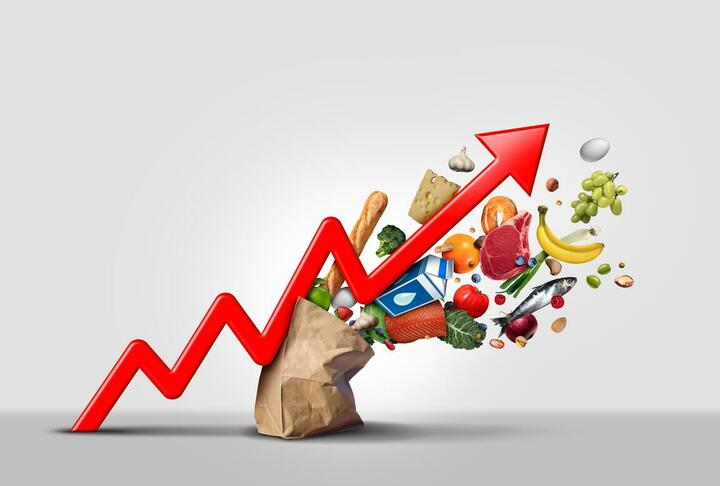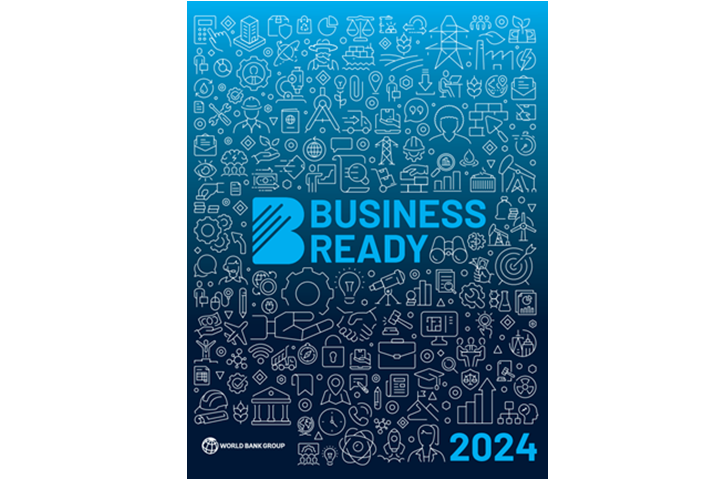Central banks of many emerging markets are overshooting their inflation goals, as prices of essential goods and services - from flour to cooking oil, energy, and gasoline – continue to rise. Supply chain disruptions due to COVID-19 and the war in Ukraine are all compounding inflationary pressures. It is increasingly feared that the 1970s will repeat themselves, when global inflation got out of control, spiking to almost 14% by 1980.
But long-lasting inflation also hurts small businesses since they are not always able to pass on higher input prices to the end-consumer, thus resulting in lower profits. When inflation expectations derail, it is more difficult to plan, given the uncertainty in wage negotiations and the currency depreciation that follows, impacting trade-related businesses. High inflation is also a bad advisor when it comes to elections, with citizens often choosing the quick but usually unrealistic fix that populist leaders promise.
We cannot leave it to central banks alone to deal with inflation. So, striking the right balance in policies, including supply-side solutions and more focus on renewable energy production is critical. In such challenging economic circumstances, a concerted and balanced effort by central banks, governments, and the private sector are required.









